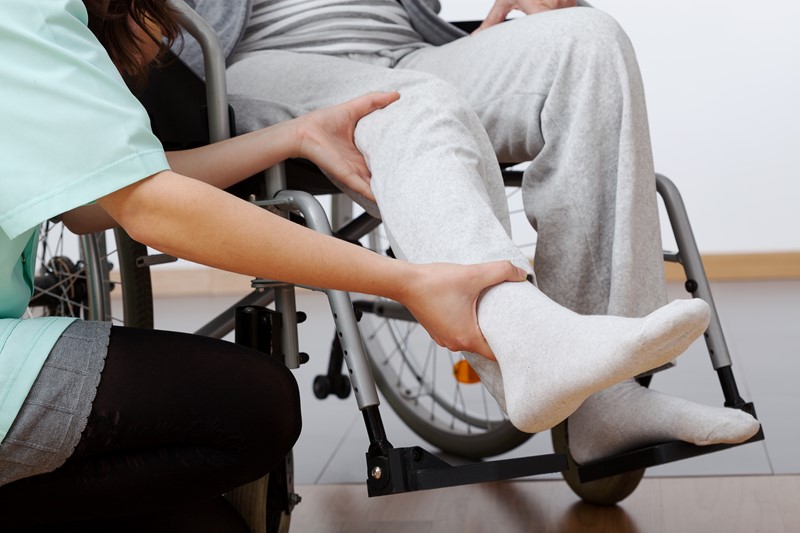Healthcare costs are rising, driven by an aging population and a growing number of people afflicted by complex chronic diseases. Healthcare organisations need to provide care for more patients who require more intensive and expensive interventions. The only way for health systems to survive in the long run is to gain involvement and engagement from patients in their care. A patient’s location and mobility should not limit the scope or quality of care available, and the need to travel to a clinic is no longer a barrier to providing effective treatment. The shift towards care coordination in the community combined with advances in digital health technology have enabled new and more efficient care models to emerge.
Technology can help to reduce the pressure on resources in health systems by enabling people’s health to be managed in the community, by the actors of the community including patients. One way to do this is through the delivery of healthcare through Information and Communication Technology (ICT) such as Orion Health’s Virtual Care Solution involving mobile phones, tablets and home computers. This encourages patients with complex or chronic diseases to be engaged and active in managing their health. Many healthcare providers are seeing that engaged patients are more likely to adhere to treatment and care plans, take medications as prescribed and recognise when to reach out for care providers’ help.
To improve care in the community and reduce the burden on the health system, the Quebec Ministry of Health and Social Services has implemented a Virtual Care Solution (VCS) that allows providers to care patients remotely.
The solution includes a ‘Personal Health Assistant’ to support each patient in executing their daily health activities, as required by their main health condition and comorbidities. The ‘Personal Health Assistant’ provides a first line of support for patients when signs of exacerbation in their condition arise. At the same time, it communicates all relevant information to the circle of care team to reverse any adverse trend.
For patients, the VCS assists them by providing pertinent and reliable information about their condition all while learning how to live better with it. Having this information available to them at any time has proven to improve patients’ health, sense of security and, quality of life.
For the circle of care team, the solution improves communication and allows them to support patients remotely, saving time and resources. The VCS is a secure directed communication platform between patients and their circle of care. Relevant clinical information is transmitted to clinicians for analysis and if necessary, treatment adjustment.
The solution aims to empower patients to adopt healthier behaviours relevant to their conditions and helps them to recognise trends and acquire skills to be able to respond timely or, to know when to reach out for help from providers. The solution promotes a stronger support system by allowing family caregivers to play an active role in the patient’s care.
In Quebec, the virtual care solution has offered several benefits to health organisations that implemented it with patients with chronic diseases by:
- Avoiding up to 80% of ER visits and hospitalisations;
- Reducing the Average Length of Stay by up to 70%;
- Avoiding unnecessary home visits;
Furthermore, it has resulted in improved clinical collaboration and reduced the cost per patient indicator. VCS is an excellent example of how the use of digital health tools can power effective virtual care across multiple settings, enabling remote care of patients in their own home and in the community, and promote patient engagement.



